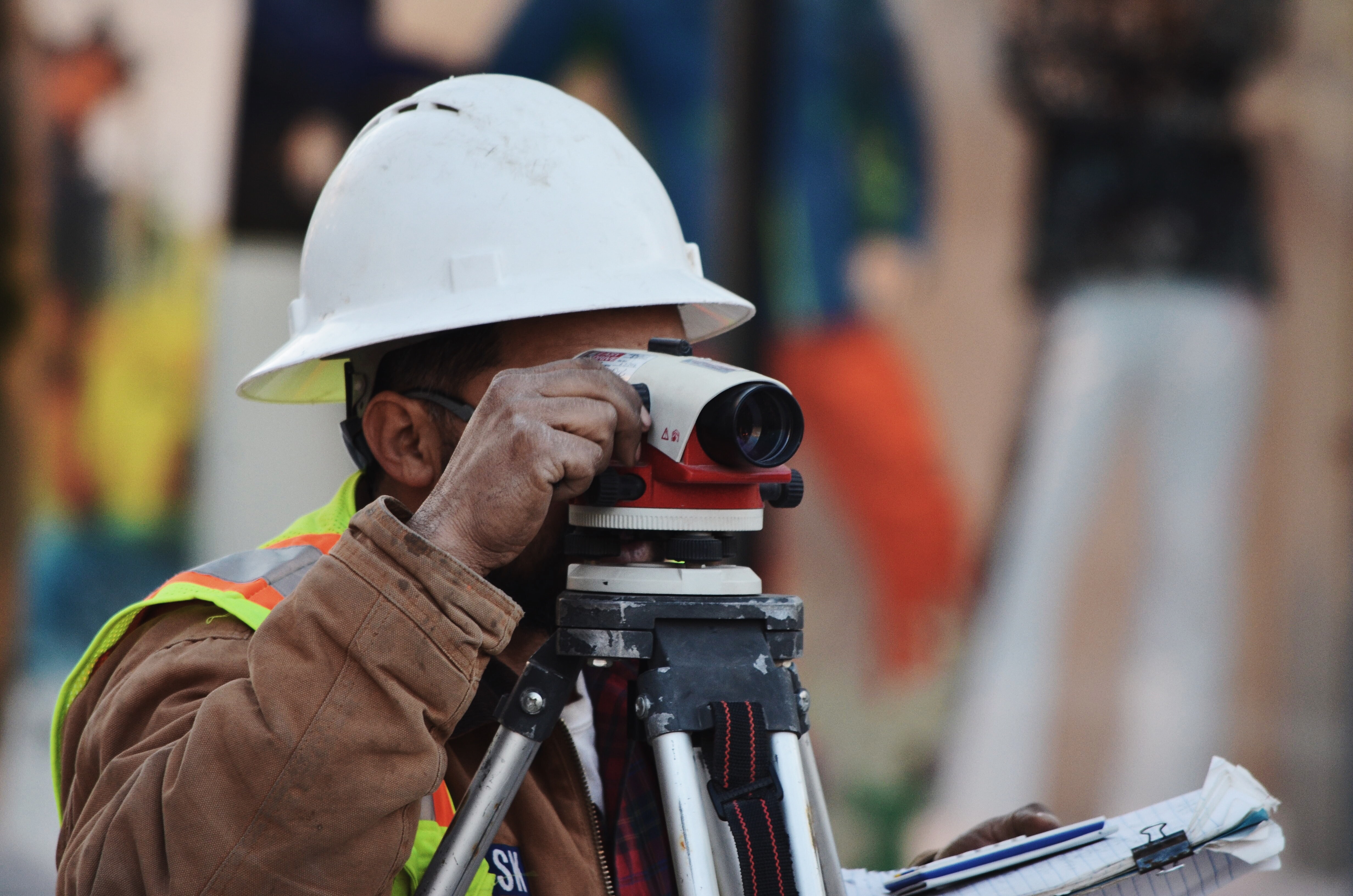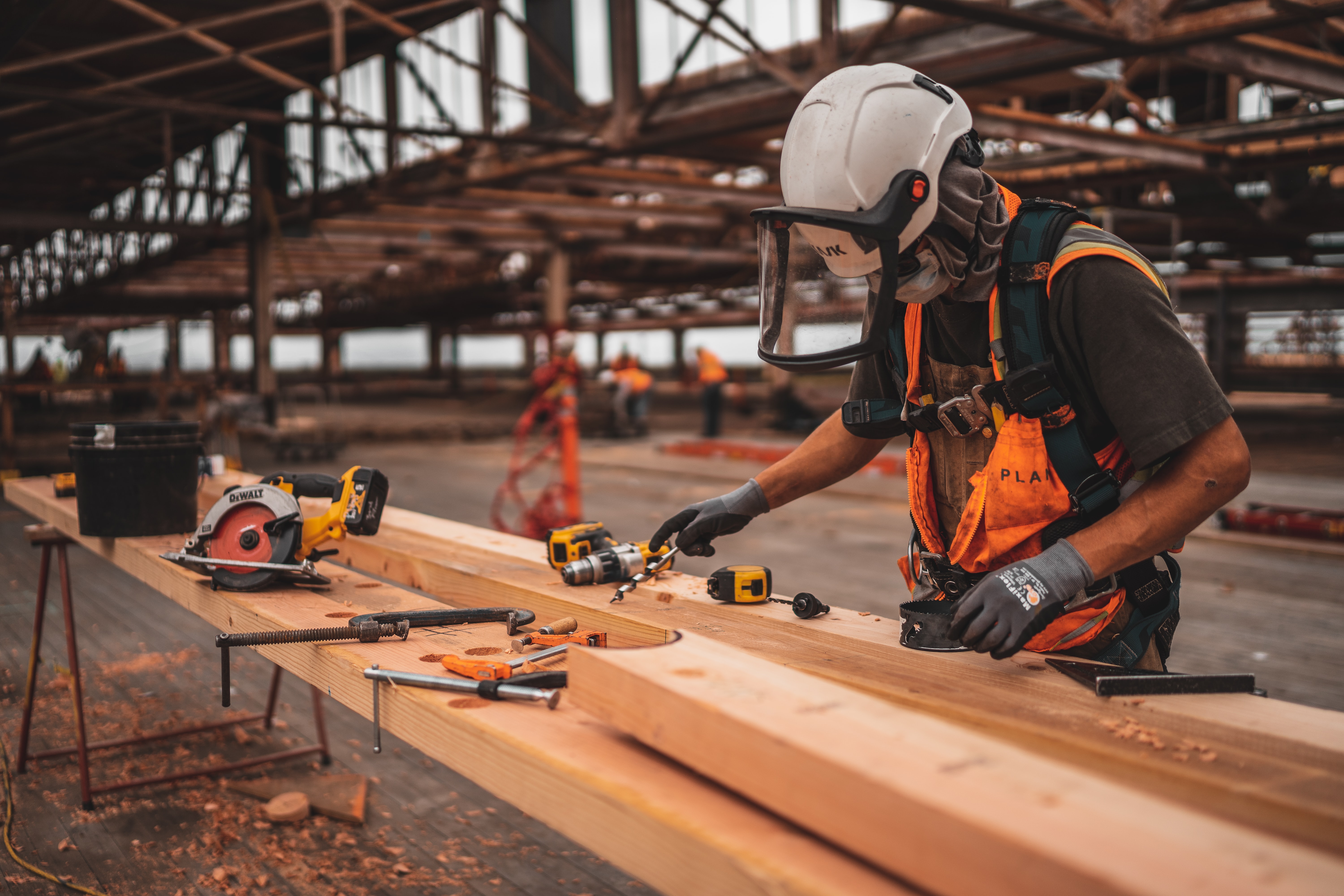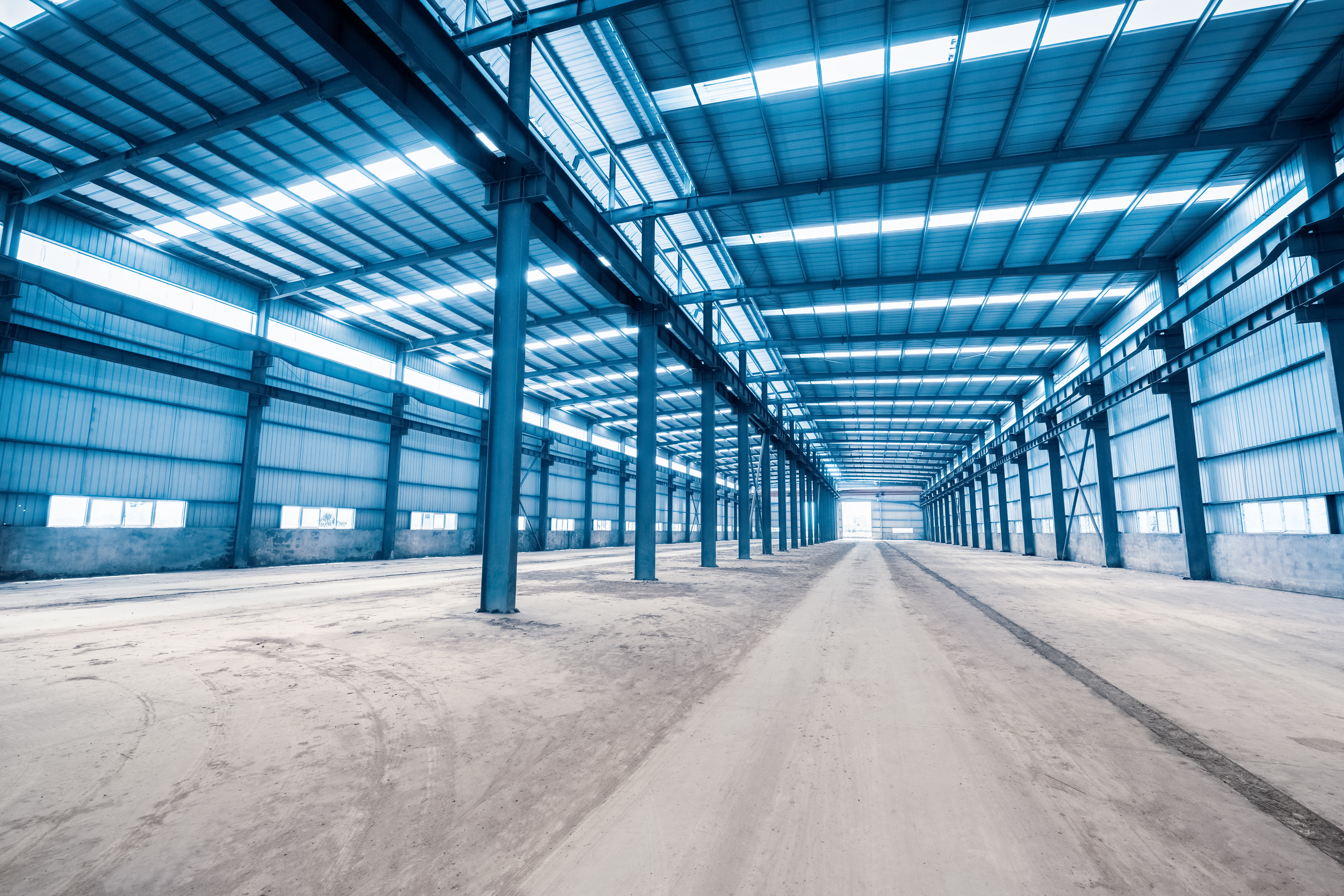How to Ensure a Successful Site Inspection

Safety is paramount during construction projects. Therefore, site inspections before and during the project are considered crucial to ensure a smooth timeline and finished product. Safe working conditions for the construction team should always be a concern for all parties involved, primarily, the project/program managers and owners.
There are two different types of site inspections in the industry: scheduled and random inspections. While the meaning of the two are obvious, the timing of inspections can have a significant impact on the outcome.
Successful inspections prior to a construction project start can assure ease of mind for workers and managers alike, and almost guarantee the best product possible. Our onsite construction managers gave some valuable insight as to how construction managers and owners can prepare for a successful inspection.
How can construction managers prepare for a successful inspection?
- Ensure safety is part of the day to day culture. Beyond preparation for formal inspections, ingraining safety culture and best practices on the construction site will nearly guarantee all inspections pass with flying colors. More importantly, it keeps safety as the team’s top priority.
- Understand the mood of the site. Is the site collegiate or business-like? Or is it strained and frantic? Operating under stressful circumstances makes inspections more likely to fail. Positive attitudes and open communication will ensure a happy, productive, and safe site.
- Assess whether the site is overstaffed. Make sure there is a balance between the stage of the project and how much manpower is needed. While having more helping hands on deck is good, over-staffing costs the subs and is an indication of reactive management.
- Keep an opportunistic attitude. Is every opportunity to defeat the relentless enemy known as lost time being exploited? Any chance to cut down on project duration — without sacrificing safety — should be implemented.
- Stay clean, organized, and disciplined. This goes hand in hand with safety and productivity — a cluttered site is an indication of a cluttered plan. A super’s desk should be organized, schedules should be posted, required posters should be hung, and first aid/safety gear should be readily available. Show the inspector that you are in control of the project.
How can owners/jurisdiction prepare for a successful inspection?
- Provide clear and safe access to the area to be inspected. Give the inspection a fighting chance by making it easy to access by the inspector.
- Appropriate players should be in attendance. This includes the appropriate subs, the foreman, and project manager.
- Give undivided attention to the inspector. Don’t get distracted. Distraction signifies disorganization around the site and the project as a whole. Do not waste the inspector’s time.
- Build the relationship. Relationship management is very important for successful site inspections. Be communicative and honest about the practices happening at the site. I.e., the first time you interact with the inspector should not be during the inspection.
What to do if you fail an inspection
Failed inspections can cause a significant time lapse in fulfillment. If you’ve failed an inspection, you’ll need to go back to square one and work with the owner to establish a safety-first culture on the site.
One industry that struggles with numerous failed inspections is the public sector, or more specifically certain municipalities. While public infrastructure is important, inspections through some municipalities require excessive paperwork, a challenging scheduling process, permitting, and approvals that can take months at a time. These delays can affect the critical path of the project if not properly accounted for, leading to lost operational days.
Don’t be discouraged if you fail a site inspection, especially if you are working with municipalities. As mentioned before, keep a positive attitude, stay organized, and try again.
Any further questions on site inspections? Talk to our team now about the importance of safety and what else you can expect for your upcoming project.
March 4th, 2020 | construction management
Related Posts
SIGN UP FOR OUR NEWSLETTER
Recent Posts
Categories
Archives
Archives
- January 2024 (1)
- July 2023 (1)
- January 2023 (1)
- September 2022 (1)
- March 2022 (3)
- February 2022 (3)
- January 2022 (2)
- December 2021 (4)
- November 2021 (2)
- October 2021 (2)
- September 2021 (2)
- August 2021 (2)
- July 2021 (3)
- June 2021 (2)
- May 2021 (2)
- April 2021 (2)
- March 2021 (5)
- February 2021 (4)
- January 2021 (1)
- December 2020 (1)
- November 2020 (3)
- October 2020 (2)
- September 2020 (2)
- August 2020 (2)
- June 2020 (1)
- May 2020 (2)
- April 2020 (1)
- March 2020 (2)
- February 2020 (1)




